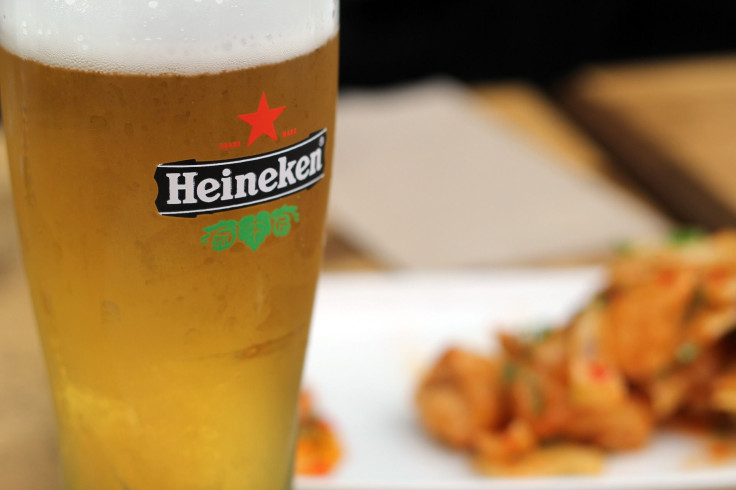The Smell Of Alcohol Makes It Harder To Practice Self Control And Resist Drinking

We already know too well that drinking alcohol lowers inhibitions, and makes it harder for you to control yourself — most notably when it comes to reckless emotions or eating greasy food. But researchers out of Edge Hill University in England now argue that it’s the smell of booze that can get people carried away, making it harder for them to control their behavior.
In a new study, the researchers examined participants who were wearing a face mask that was either laced with drinking alcohol or a non-alcoholic solution. The participants were given a task to press a specific button when they saw the letter K or the image of a beer bottle appear on a computer screen. If they pressed the button incorrectly, when something else appeared on the screen, the researchers listed this as a “false alarm.” It turned out that the number of false alarms were higher in people wearing the masks with alcohol.
“We know that alcohol behaviors are shaped by our environment including who we’re with and the settings in which we drink,” Dr. Rebecca Monk, Senior Lecturer in Psychology at Edge Hill University and an author of the study, said in the statement. “This research is a first attempt to explore other triggers, such as smell, that may interfere with people’s ability to refrain from a particular behavior. For example, during the experiment it seemed that just the smell of alcohol was making it harder for participants to control their behavior to stop pressing a button.”
The study is an interesting foray into better understanding the cues that trigger binge-drinking or substance abuse. For many, the most dangerous cues are visual: Seeing alcohol or being around people drinking alcohol may spur the reckless to do the same. But smell is often far more subtle and may be even harder to overcome.
“Overall, this research offers an original insight into the importance of acknowledging olfactory alcohol cues in developing a comprehensive understanding of alcohol-related behaviour,” the authors conclude. “Context-related reductions in inhibitory control may lead to increases in consumption, or to relapse in abstinent users.”
The researchers believe there’s more work to be done. “This research is an early laboratory based effort that, whilst promising, needs to be replicated in real world settings to further its validity,” Professor Derek Heim, an author of the study, said in the press release. “Our hope is that by increasing our understanding of how context shapes substance-use behaviors, we will be able to make interventions more sensitive to the different situations in which people consume substances.”
Source: Monk RL, Sunley J, Qureshi A, Heim D. Smells like inhibition: The effects of olfactory and visual alcohol cues on inhibitory control. Psychopharmacology , 2016.



























